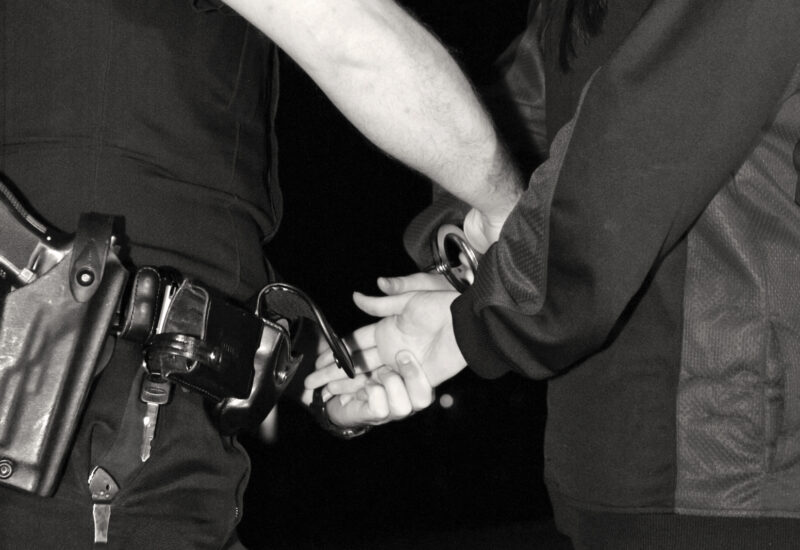
The right to a fair trial is an essential aspect of the justice system. This fundamental right applies to both civil and criminal cases. But what does a “fair trial” truly mean? To answer this question, it is vital to understand what the U.S. Constitution establishes as “fair” regarding a trial.
The Sixth Amendment to the U.S. Constitution guarantees the right to a speedy trial. The Fourteenth Amendment’s Due Process Clause extends these rights to state courts. The right to a fair trial extends to both civil and criminal proceedings. While the Constitution expressly outlines the right to a jury trial, it does not explicitly include the right to a fair trial. However, in guaranteeing other trial rights, the Constitution provides the safeguards for a fair trial. Such rights include: 1) The right to an impartial jury 2) The right to due process of law 3) The right to confront/call witnesses 4) The right to legal counsel
If the government violates one of these rights, it can lead to the determination that the trial was unfair. Lets discuss a couple of these rights.
A criminal defendant is entitled to a trial with an impartial jury of their peers. The Constitution does not define an impartial jury. Instead, case law established its meaning over time. Generally, it refers to jurors who make it through jury selection and do not have a stake in the case’s outcome. It also assumes they approach the case without any bias against the defendant.
Part of the impartiality of jurors has also been tied to having twelve jurors. The Supreme Court, however, suggests that this specific number is a historical accident, so it’s not exactly a strict requirement. Because of the tradition and reliability of having a jury of twelve, however, it certainly contributes to the appearance of fairness in a criminal trial.
The right to due process prevents the government from arbitrarily infringing on an individual’s rights without a formal procedure. Due process is broad, as it includes many different rights and requires the government to respect the legal rights owed to the defendant. In the context of criminal trials, the Supreme Court has found due process is denied when there’s an absence of fairness that fatally “infects” the trial.
If you or a loved one is in a bind as a result of a criminal charge (drug related or otherwise), immediately contact a Seattle Criminal Attorney. A Criminal lawyer is not going to judge you and understands that everyone makes mistakes. Hiring a Seattle Criminal Lawyer to help can – at a minimum – reduce penalties and can help direct people on how to best deal with their criminal charge, and many times even get them dismissed. So, it should go without saying that someone cited for a misdemeanor or felony should hire a qualified Seattle Criminal Lawyer as soon as possible. Criminal charges can cause havoc on a person’s personal and professional life. Anyone charged with a crime in Washington State should immediately seek the assistance of a seasoned Seattle Criminal Lawyer. SQ Attorneys can be reached at (425) 359-3791 and/or (206) 441-0900

